2021 Michael Reichmann Project Grants – A Year Later!
Photolucida reached out to the five Critical Mass 2021 Michael Reichmann Grant Award winners to see what productive things they have been up to this past year since receiving the award! There are no stipulations connected to this grant – artists are totally in charge of how the award is spent. It could be on new equipment or supplies, research time or travel, marketing materials, anything they are in need of. It just makes us happy to see new creative developments!
Here are some updates from Claudia Ruiz Gustafson, Daniel Mebarek, Vanessa Leroy, Olga Sokal, and Andrea Orejarena + Caleb Stein. We hope you check out their respective websites and follow them on Instagram – some pretty great projects are continuing to progress!
CLAUDIA RUIZ GUSTAFSON claudiafineart.com | @claudiaruizgustafson
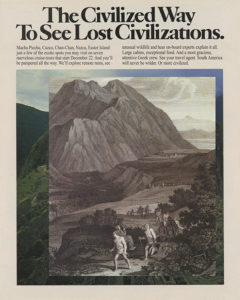
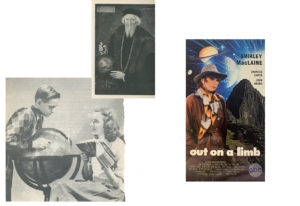
Being selected into Photolucida’s Critical Mass Top 50 and awarded the Michael Reichmann Project Grant were some of the most important recognitions I have received in my career as an artist. They arrived at an important time in my artist journey when I was working on a multi-chapter project titled Mi Pais Imaginado (My Imagined Country), an investigation of how imperialist/supremacist thinking rewrites histories. The Grant Award helped me complete the first part of the project by being able to travel to Peru and purchase additional archival documents for my work. The exposure helped me connect with other like-minded Latinx artists and curators and as a result, this year another dream came true as I am soon heading to The Center for Photography at Woodstock to attend my first Artist-in-Residence Program to complete my project Mi Pais Imaginado.
I am deeply grateful to the jurors who believed in my work, for their thoughtful comments and to the Photolucida community for creating such a perfect platform to showcase and expose contemporary lens-based projects.
*These are four new images from the Mi Pais Imaginado series.
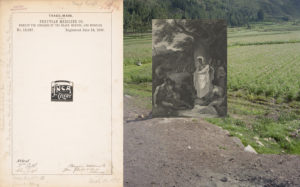
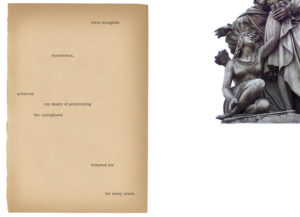
DANIEL MEBAREK @daniel.mebarek
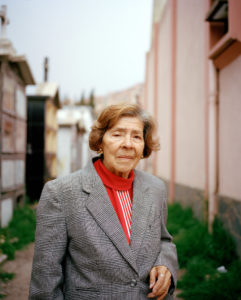
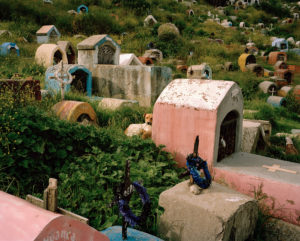
I’m Daniel Mebarek, a Bolivian artist based in Paris, France. My artistic practice examines the relationship between personal and collective memory as well as the function of archives in the writing of history.
The Michael Reichmann Project grant came at a pivotal time in my practice. Nearly two years after the start of the pandemic, I was able to return to my home country, Bolivia, to continue my long-term project entitled Andean Utopia. The project aims to draw an intimate and lyrical portrait of the cities of La Paz and El Alto while also addressing the country’s current political context. Thanks to the grant I was able to cover the production costs of the project, including film development and scanning. I’m now really excited to share my progress and hopefully gather further support to complete the project in 2023. My goal is to publish my first photo-book based on this body of work.
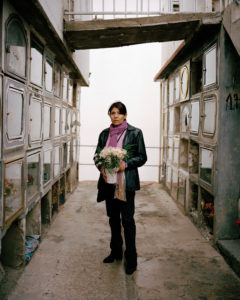
VANESSA LEROY vanessaleroy.com | @vanessaleroyphoto
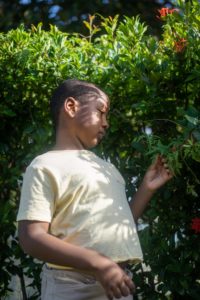
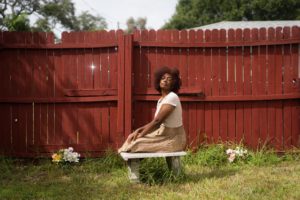
I applied for Critical Mass 2021 on a whim, unsure if my work would resonate amongst all of the great talent. When I received the notification that I made it into the Top 50, as well as being a recipient of the Michael Reichmann Grant, it served as a reminder to continue creating artwork from the heartspace, because there are so many people out there that can understand – or want to understand – what you’re expressing. I started out my project as our bodies lift up slowly as a highly insecure and anxious young woman in need of some serious self-reflection and self-soothing, and it is through looking at myself, my friends, and my family, that I gained the courage to reach inside of myself; take the time to uncover, process, and mend; and start over again from a place of grace and love. Here are the new images I’ve made since receiving this grant.
After being awarded the grant, I began my exploration into photojournalism and worked at a local newspaper until January 2022. Much of my work has come from a place of dreams and consists mostly of conceptual environmental portraiture, and because I have personally felt the power of photography as a tool for healing through telling my own stories, I wanted to pursue how I could be of service by telling the stories of others through visuals. I became a full-time freelance photographer at the end of January, diving headfirst to an independent employment journey that was completely elusive to me, but I knew I had to take the leap to be happier. The Michael Reichmann Grant helped with a month of rent to be stable during my job transition. I reached out to photo editors with my portfolio and potential pitches, began to receive assignments more frequently, and secured more freelancer contracts with various publications as my work was more widely discovered. As of right now, I am a Photo Editing Intern at NPR, and I have come to realize that I want to be a photo editor. I’ve learned that I want to be able to offer a platform to marginalized artists to tell the stories of their communities, and that I want to uplift the stories of marginalized people that need to be seen and heard.
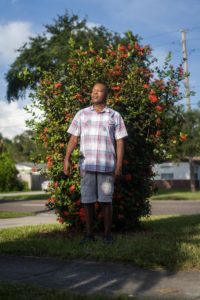
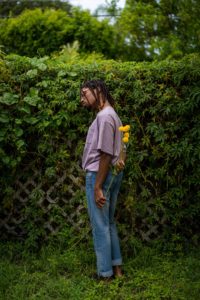
ANDREA OREJARENA + CALEB STEIN caleb-stein.com | @cbjstein
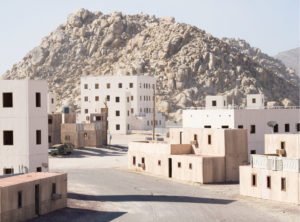
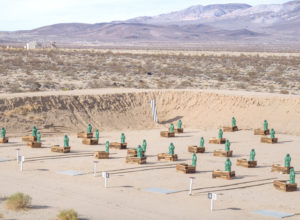
Thank you so much to you all at Photolucida for your support – we are grateful to you all! The Reichmann grant was very helpful for continuing work on our series American Glitch. American Glitch is a look at the slip between fact and fiction and how this manifests in the U.S. landscape. In an era defined by screens, conspiracy theories, and the advent of the Metaverse, the notion that we are existing within a simulation has become increasingly popular. In the midst of the pandemic, the CIA released a report that acknowledged that they have been looking into this possibility for some time. This notion that we are living in a simulation appears online where images are posted as personal evidence of spotting a ‘glitch in real life’. This vernacular builds on ideas explored in movies like The Truman Show and The Matrix. It is a vernacular that embodies a generation’s experiences of video games – the peripheries of these digital worlds begin to show their edges as players brush up against them. In other words, the notion of a glitch reflects a generation’s experience where the digital and physical worlds are merging.
Orejarena & Stein spent over a year researching locations throughout the U.S. that fit into the framework of a glitch. They traveled the United States’ highways and byways on Google Earth, confirming these locations’ existence. They are viewing the internet as a mirror to our collective subconscious and taking the pulse of parafiction and its relationship to the United States.
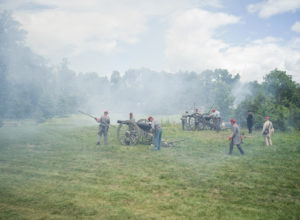
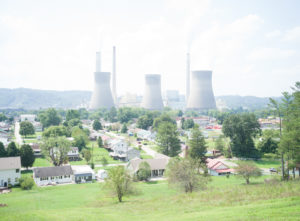
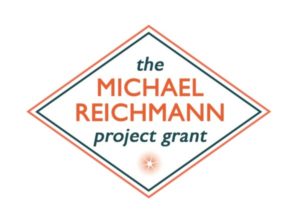
This award is made possible by a generous endowment gifted to Photolucida by the Luminous Endowment for Photographers – an organization created by the late Michael Reichmann in 2007 to foster current and anticipated photography projects. Photolucida is excited to continue Michael’s legacy by providing this opportunity to emerging photographers.




